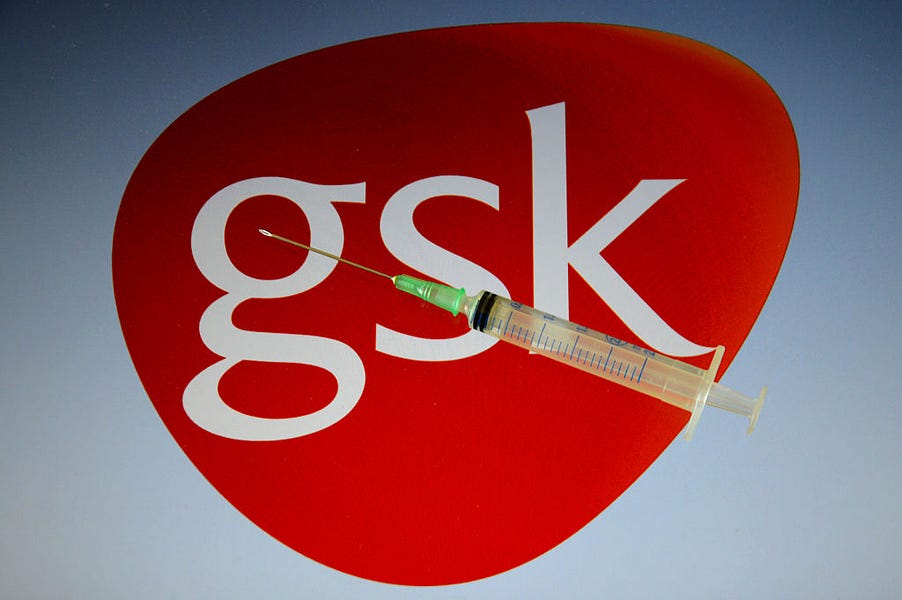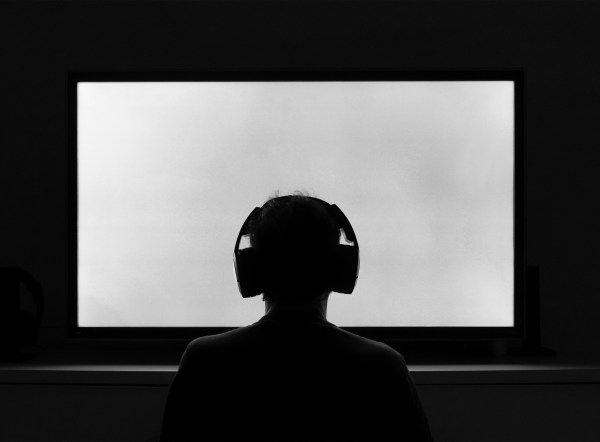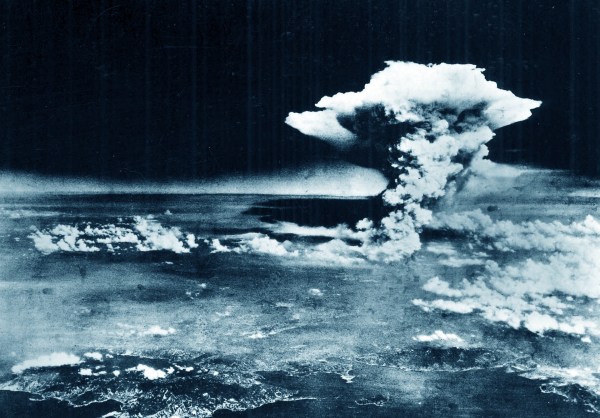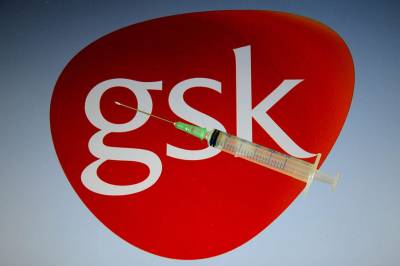Much of the national discussion on COVID has revolved around the vaccinated versus the unvaccinated, and what that distinction means for rates of infection, hospitalization, and death. But there is a third group, made up of those who follow the rules, but still face a threat: the immunocompromised.
I am one of them, and I faced some important decisions last spring when I learned that the new COVID-19 vaccines did not work for more than half of organ transplant recipients such as myself. The problem is that the medications we take to avert organ rejection can also suppress our antibody-producing cells.
Sure enough, testing showed that my first and second vaccine doses produced no detectable antibodies. I got boosted anyway given the chance that the vaccine might strengthen T-cell mediated immunity, another component of the immune system.
Despite my vulnerability, I decided to live as normally as possible. Not that I was reckless. I wore a mask indoors, observed the same maniacal hand hygiene I have followed since my first kidney transplant in 2006, and socialized only with people who were vaccinated.
I understood, however, why others in my situation chose to stay closer to home. Being immunocompromised not only makes one more vulnerable to infection with SARS-CoV-2, but also more likely to develop severe symptoms if infected.
Nonetheless, on a recent Sunday, my birthday, I took Amtrak from my home in Washington, D.C, to New York City for a small celebration … and I got COVID. By Tuesday afternoon my throat was on fire; I felt as if I were gagging on a molten lump. The first home test was negative, but two days later, Friday, it was positive.
I emailed my doctor at 9 a.m. and, after a few phone calls with a treatment coordinator, I was racing up I-95 to a clinic in a Baltimore suburb to get a 30-minute intravenous infusion of a precious treatment called sotrovimab, the only monoclonal with an excellent track record against the Omicron variant.
The FDA issued an emergency use authorization for the drug last May expressly for the 7 million Americans whose immune systems are impaired, either by cancer or other disease or by the drugs they take, and who are “are at high risk for progression to severe COVID-19, including hospitalization or death.”
Within a day, the inferno in my pharynx subsided. Nine days after exposure (five days after the infusion), I tested negative. Because sotrovimab is likely to prevent reinfection (which is not uncommon for Omicron) for three to six months, I have some real security for a while.
Unfortunately, the resounding medical success that I enjoyed is pretty rare. Profound sotrovimab shortages exist; some medical centers have no supply at all and others dole out the meager allotment the state sends them. Nor does the new anti-viral pill Paxlovid, which is also in short supply, work for immunocompromised people—it interacts dangerously with our anti-rejection drugs.
Prevention is the best solution for immunocompromised people. And now this comes in the form of Evusheld, authorized for emergency use by the FDA early in December. Evusheld takes the place of a vaccine for those who don’t mount adequate immune response to COVID-19 vaccination or, for some reason, cannot tolerate it. It is emphatically not intended for otherwise healthy people who refuse vaccination.
A “cocktail” of two antibodies, tixagevimab and cilgavimab, Evusheld is delivered as two consecutive jabs and confers protection from infection for up to six months.
But Evusheld, too, is scarce. The University of Pittsburgh Medical Center, for example, is allocating the drug through a lottery until it gets enough to treat all eligible patients, which hospital officials believe is a long way off.
As transplant recipients, we are no strangers to scarcity. Many of us waited years for a new kidney, liver, heart, or lungs. Some, like me, were blessed with friends or family who could donate their kidney or part of their liver, but most endured agonized waiting for an organ that might never arrive in time.
Thankfully, COVID therapies are not like organs, which must be given as gifts. We can buy more. According to GlaxoSmithKline and Vir, makers of sotrovimab, “the US government will have the option to purchase additional doses through March 2022.” Evusheld is available, too. “The US government could purchase more doses if they wanted to," said an Astra-Zeneca spokesperson. “We already hold inventory of finished product that exceeds near-term forecast demand.”
Unfortunately, the government contracted for only 1.2 million doses, a fraction of what will be needed to protect the millions of immune-compromised people in the country, especially as many of them will require treatment every six months. (Dosages can't be sold independently to private entities because they are authorized only for emergency use.)
The government has fulfilled its promise to make vaccines available to everyone whose bodies can make good use of them. But now it must also cover everyone who cannot benefit from the vaccines.
As for me, I’ll be more cautious in the future. I am chastened by the thought of how easily I could have missed out on a priceless treatment—and anguished by the thought of those who will.
Sally Satel is a senior fellow at the American Enterprise Institute and a visiting professor of psychiatry at Columbia University’s Vagelos School of Physicians and Surgeons.






Please note that we at The Dispatch hold ourselves, our work, and our commenters to a higher standard than other places on the internet. We welcome comments that foster genuine debate or discussion—including comments critical of us or our work—but responses that include ad hominem attacks on fellow Dispatch members or are intended to stoke fear and anger may be moderated.
With your membership, you only have the ability to comment on The Morning Dispatch articles. Consider upgrading to join the conversation everywhere.